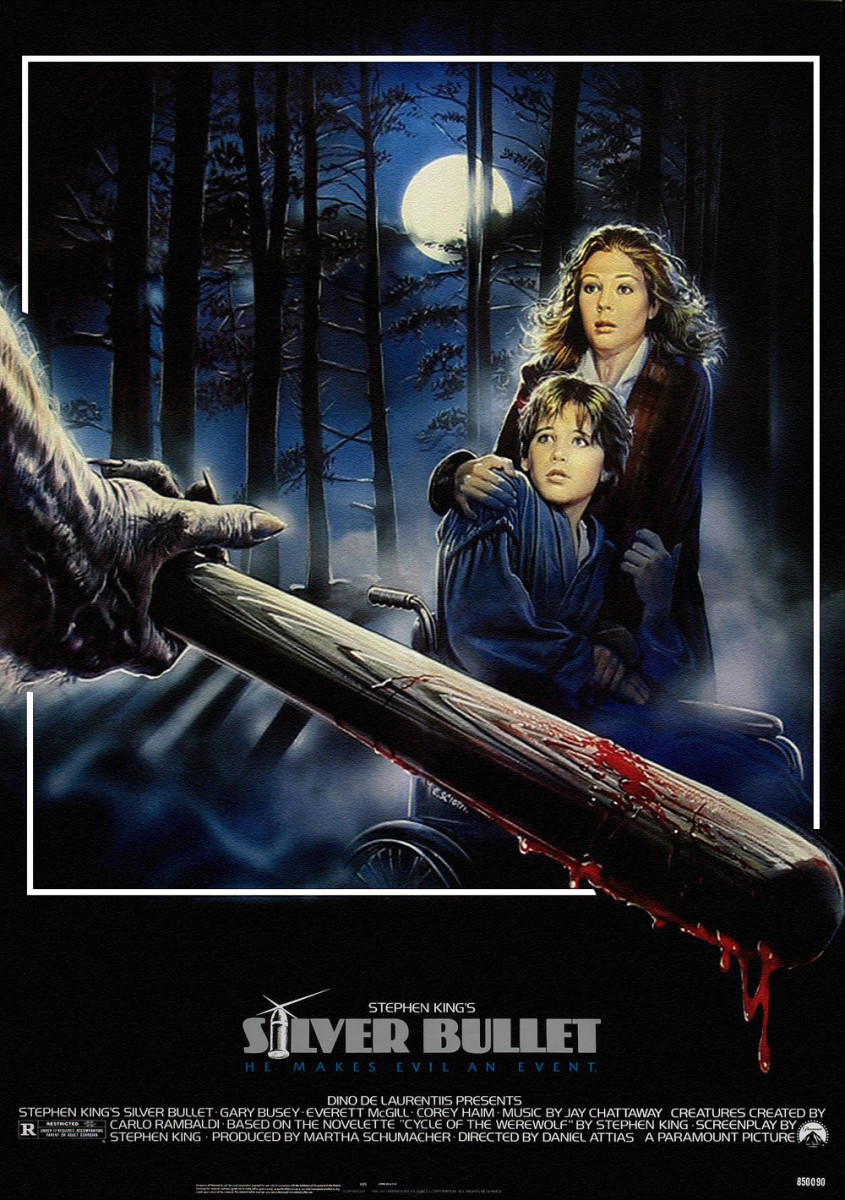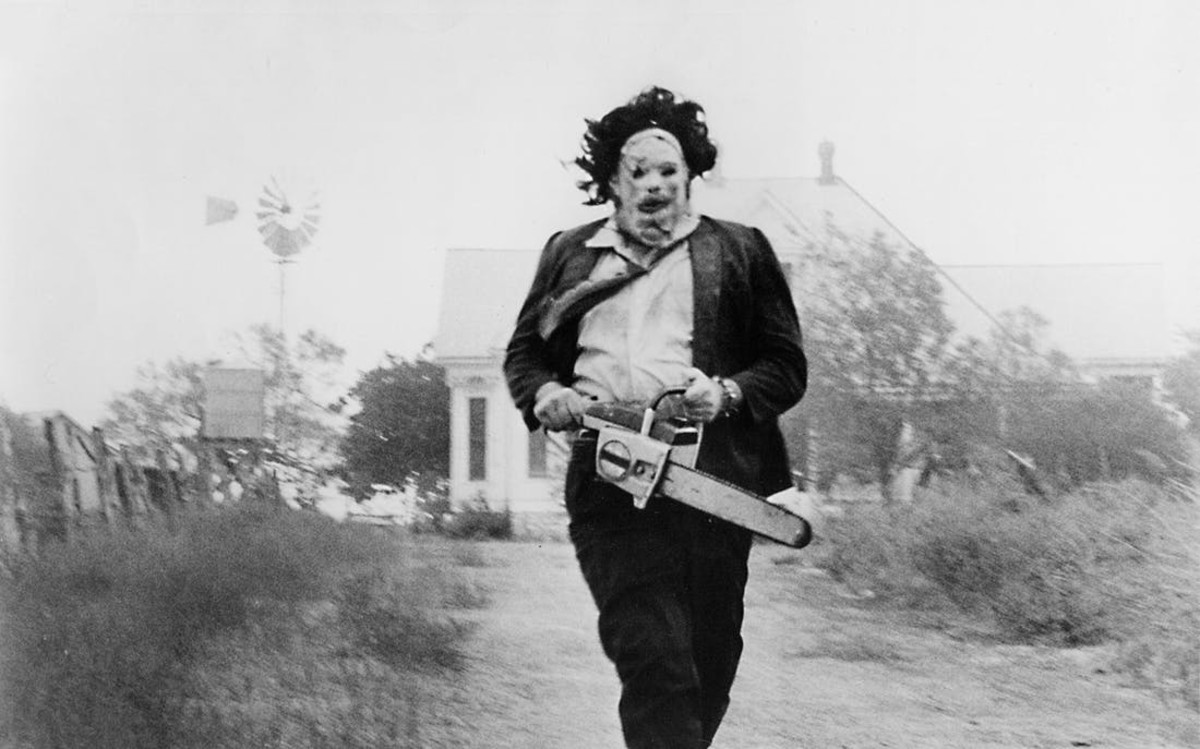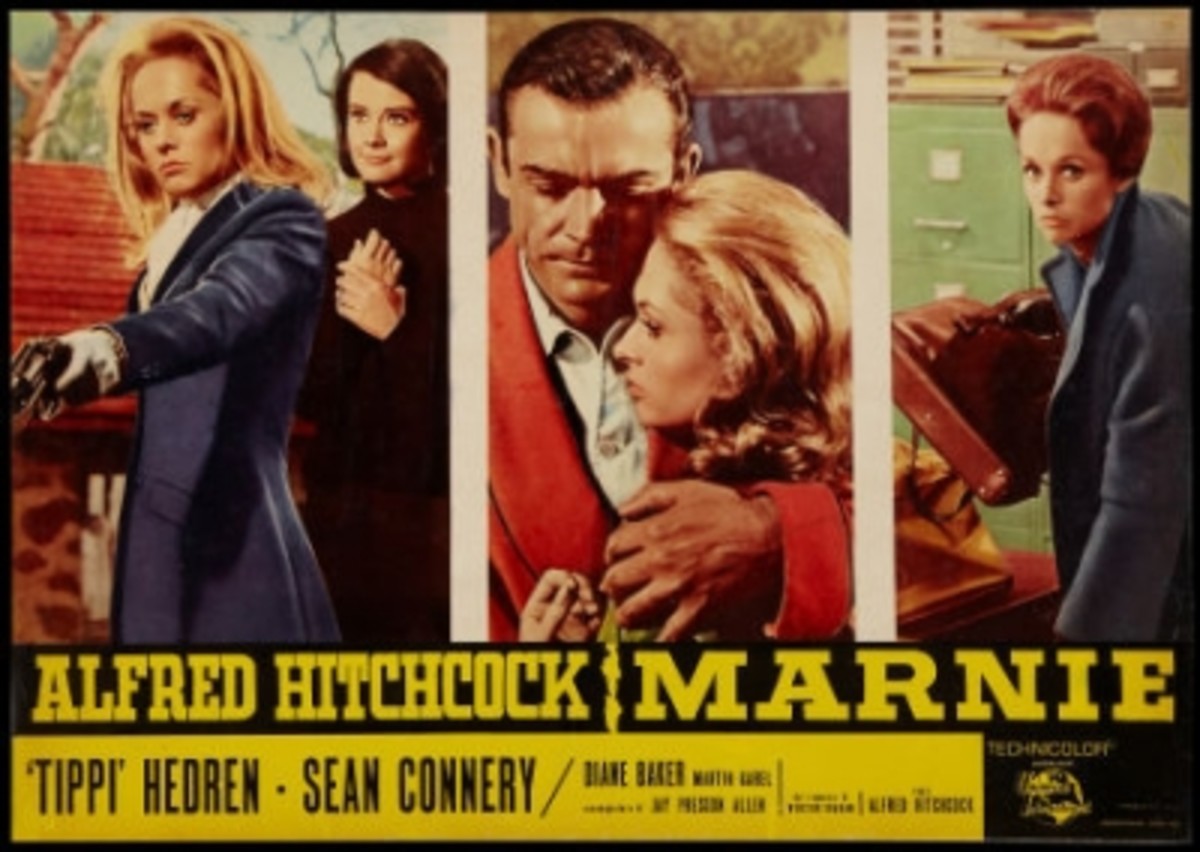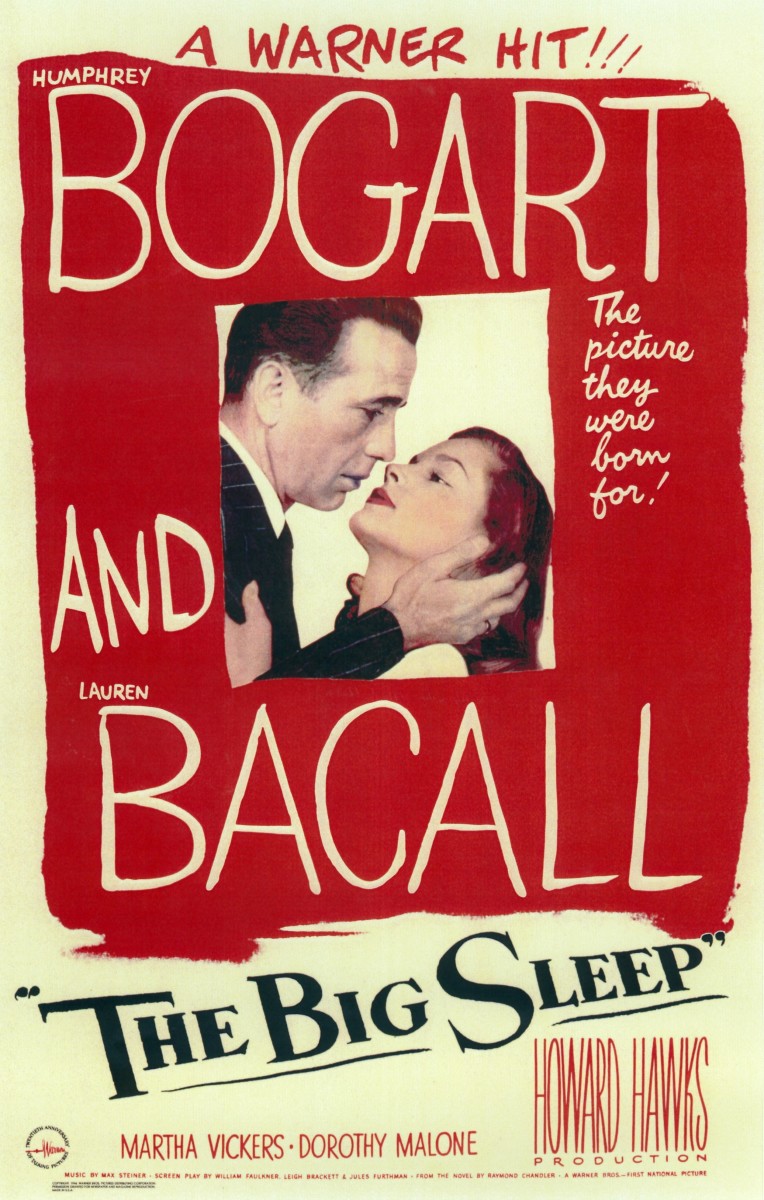Little Caesar (1931) and The Sniper (1952): Movie Review
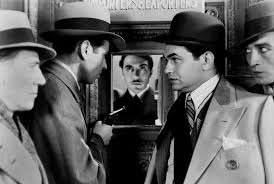
You know, friends, this site has given me a little advisory, at the top, about how much readers love high quality photos; and that I should, therefore, try to find a picture that takes up the whole width of the article.
Well, I did try. It seems increasingly hard to do these days, for some reason. However, I am not worried about it, nor should you, the readers, be. The reason is simply that the movies, Little Caesar and The Sniper do not happen to deserve high-quality photos --- because they are not very good, to be diplomatic about it.
I contend that at least one of these films, Little Caesar, KNOWS that it is a bad movie. There is one signal indication to me that this is so, but I will come back to that.
You know, if there had been a direct-to-video category, back in 1931 and 1952, then the films, Little Caesar and The Sniper, respectively, would have been prime candidates.
Little Caesar did not do the great actor, Edward G. Robinson, any favors. The movie, frankly, feels like it was filmed without a script. The movie feels ad-libbed and ad-libbed badly. To say that the story is "threadbare," is an understatement.
I wish that the film's plot was AT LEAST threadbare.
The film follows the rise to power, in the criminal underworld, of one Caesar "Rico" Bandello (Edward G. Robinson). We never learn anything about him. His is a criminal simply because the plot --- and I use the word "plot" loosely --- says that he is a criminal.
Rico simply snarls his way to the top, deposing those above him on the basis that they have arrived at a point where: they "can't take it anymore." That is the extent of what "motivation" we are offered for Robinson's character.
Rico's analysis goes like this: certain higher-ranking underworld figures have arrived at the point where they can no longer take the pressure of their position, because they have gone soft. Having gone soft, they must be deposed by a hungry hard man, namely himself, Rico, the hardest of hard men.
Then when he gets to one tier of "the top," he luxuriates in the splendor that hundreds of thousands of ill-gotten dollars can provide. As he does this, he smiles to himself and boasts to his cronies that he will climb still higher.
This movie is a big snore. It feels like a not very inspired improv exercise.
Anyway, before he can get to the very tip-top, his brash ways and overly violent tendencies draw the attention of the authorities; and he ends up shot to death after a chase by and shootout against the police.
Little Caesar knows that it is a bad movie, because the dvd, which I borrowed for free from my local public library, is loaded down with special features. It is almost as if the people who packaged this film on dvd, knew that the movie itself was not worth the price of the dvd in the video store.
As a rule, I do not look at any "Special Features."
When I buy or borrow a dvd and take it home to watch, there is one thing --- and one thing only --- that I watch. That is the original theatrical version of the film: the story as it was originally released, by the studio, to theaters. For reasons I won't go into here, this is the only version that I consider valid.
I do not care for the self-indulgence of "behind the scenes" footage of the making of X film. I do not care for bloopers. I do not care for any "interactive" activities that dvds might offer.
I find the repackaging of "deleted scenes," to be particularly offensive, again, for reasons I won't go into here.
My attitude toward "special features" can be summed up like this: If you're a good movie, you don't need them; if you're a bad movie, they cannot excuse you.
The special features of the dvd, "Little Caesar" seem to say something like: Sorry about the extremely meager so-called "movie." Please accept a trunk full of extra entertainment, from which we sincerely hope that you derive some pleasure!
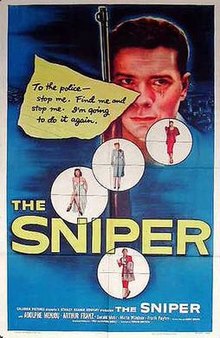
There is nothing wrong with this film. It is competently put together, filmed, and I suppose, directed.
The problem is that there is also nothing grand and sweeping about it, that should have justified showing it on the big screen, in movie theaters, attended by a paying public. This is a made-for-television movie (if that category had existed in 1952), at best --- which was allowed to pretend to be a theatrical feature film.
I say this because the plot is very barebones, one that could have easily been accommodated in one of the police procedural shows of the day. I don't think the film's story was even fit to be a subplot in a genuine theatrical release feature film.
Would you like to know what the entire "plot" of this film concerns?
It's about a guy who, at this particular point in his life, is having difficulty getting l---, ahem, I mean, who finds himself frustrated with the unfathomable female of the species.
And every time he gets "rejected" by women, he takes up a sniper rifle, finds a roof-top, or some other elevated surface, and shoots the woman who "rejected" him, as well as any others who fall within his sights.
In other words, blah, blah, blah!
That's it. That's the entire story (oh, and not to mention that one of his "rejections" was not even deliberate). The only "connection" he and a certain woman were developing was entirely in his own delusional mind. But he struck at her, anyway, for her "rejection," and "betrayal," I suppose.
Again, blah, blah, blah!
We are not even treated to an exciting shootout and death scene. The movie ends with him sitting quietly in the room, with the rifle on his lap, as the police come in and quietly arrest him.
Both so-called "movies" left me with an empty feeling inside. I felt nothing.
Thank you for reading!




